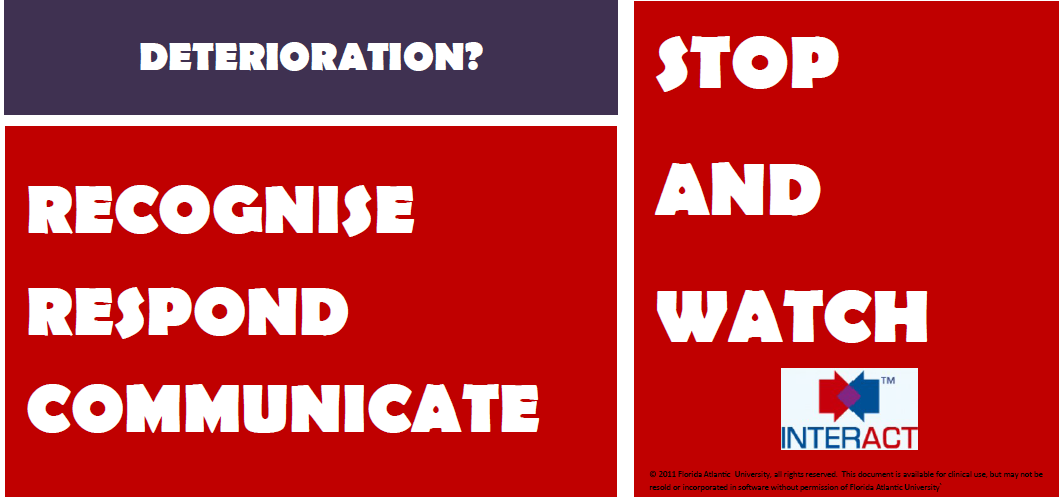Recognising and Responding to Deterioration in Residents Using a Softer Signs Tool

The number of elderly patients admitted to hospital from care homes as an emergency has increased by 63% since 2011. Admissions to hospital are costly and can put residents at increased risk of stress and harm. Residents care needs are increasingly complex and on average they will have six or more diagnosed conditions and seven or more prescribed medicines, placing them at greater risk of deterioration.
The Quality Team are committed to supporting care providers in providing best care to residents. The aim of this work was to reduce avoidable harm, enhance clinical outcomes and improve the experience of deteriorating residents in care homes or their own home. To achieve this focus was placed on improving recognition (softer signs and NEWS2), response and communication.
By using softer observational signs It has been found that nursing assistants in care homes identified changes in residents up to 5 days before clinical observations were taken by spotting “ behavioural and functional status changes”[i], identifying deterioration early has the potential of reducing harm, improving quality and reduction in hospital visits.
A training programme is delivered by our nursing team and has been providing positive impact in the care home and domiciliary care settings that have implemented the tools in their practice. The training develops care staff skills and knowledge in recognising deterioration how to respond to change. Training also includes communication skills and how to use the SBAR (situation, background, assessment and recommendations) tool to help care staff relay accurate, relevant and timely information to other health and care services including GPs and District Nurses. Care staff are supported to use the tools and how to embed this change in to practice.
Further information on the programme can be found through this flyer. Please follow this link to access the full training workbook that accompanies the training.
For further information please contact hnyicb-voy.yorkplacequalitynursingteam@nhs.net
[i] Boockvar K1, Brodie HD, Lachs M, J Am Geriatr Soc. 2000 Sep;48(9):1086-91. Nursing assistants detect behaviour changes in nursing home residents that precede acute illness: development and validation of an illness warning instrument.
Other Care Provider pages
- Improving Hydration in care Home Residents
- React to Red
- React to Falls Prevention
- Hand Hygiene and PPE
- Oral Health training
- Nutrition
- Partners in Care Prompt and Information Cards
- Digital Care Telemedicine Service for Care Homes
- Capacity Tracker
- Conferences and Webinars
- Care Connected
- Partners in Care Bulletins
- North Yorkshire and York Care Provider Olympics
- Alerts for Care Providers
- PERSON Approach
- Useful links and resources
- Student Placements
- Registered Nurses in Social Care
- Research



